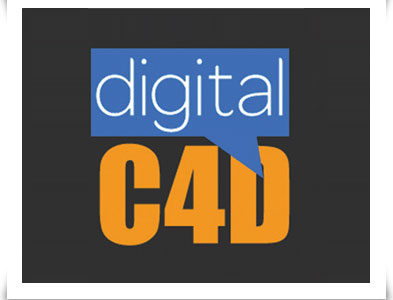Communication for Development (C4D) is a two-way interactive process that strengthens the voice of people & enables them to participate in shaping decisions & sustaining positive behavior that affects their lives. Digital technologies, especially mobile phones, provide an opportunity to improve accessibility, affordability and effectiveness of behavior change initiatives. This has opened a new channel for social & behavior change communication (SBCC) called digital Communication for Development (d-C4D). ZMQ adopts holistic approach of creating digital C4D solutions by embedding technology components in the development process in a natural way. The approaches used are:
- Role-Play based Gaming Approach
ZMQ effectively uses role-play based games to bring about behavior change. Through this approach Users are put in an environment much similar to their own & are made to solve problems or take decisions. The decisions taken on virtual platform reflects their current behavior & messages inculcated helps in bringing about a change.
- Decision-Tree based Storytelling Approach
ZMQ efficiently uses decision-tree strategies by presenting multiple scenarios to a social issue for user exploration. Each scenario has an alternate course of action and its possible consequence. This approach enables the user to learn from their decisions, thus inculcating sustainable behavior change.
- Edutainment based Training Approach
ZMQ successfully uses edutainment as a strategy to address critical social issues. This approach is a proven mass media instrument which has demonstrated a unique capacity for raising awareness among large number of people and motivating them to adopt new behaviors. It is also used for capacity building and training purpose.
- Self-care Approach using Wearable
Wearable technologies are a relatively new approach in d-C4D. This self-care approach promotes health & wellness using various devices and applications like health monitors, fitness trackers and analysis aids which are adapted for continuous sensing and providing feedback. The data generated from wearable applications can act both as motivating factor as well as social influence in adoption of new and healthy behaviors.







